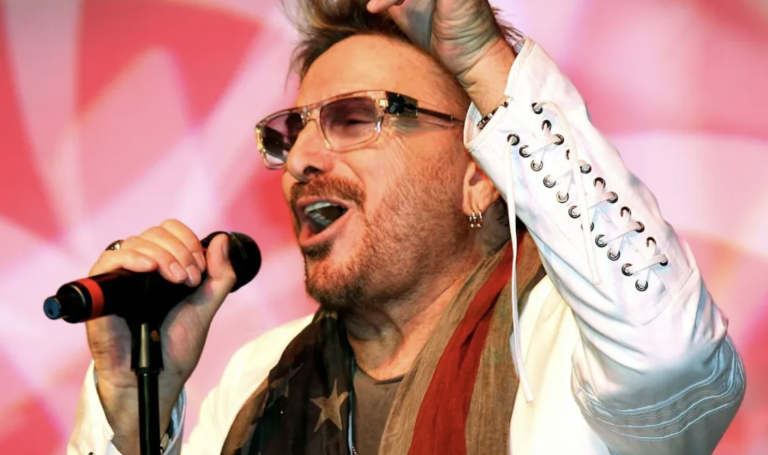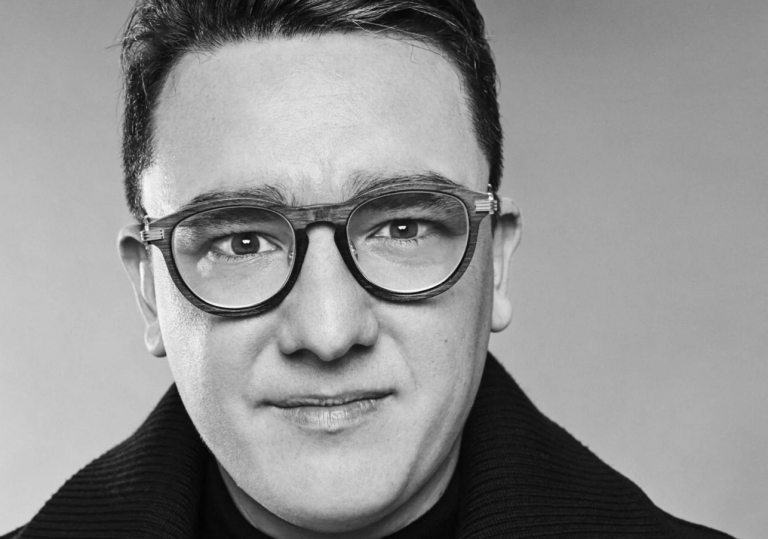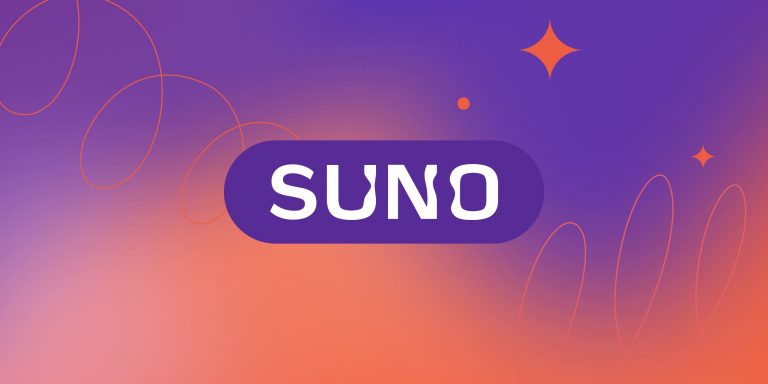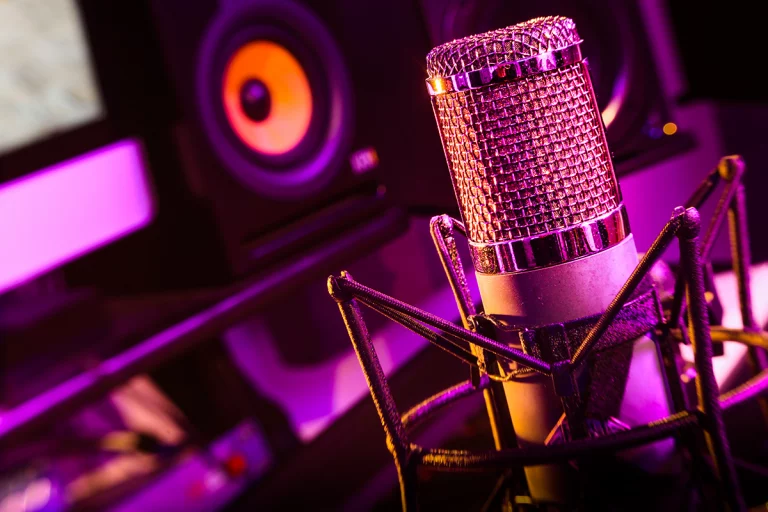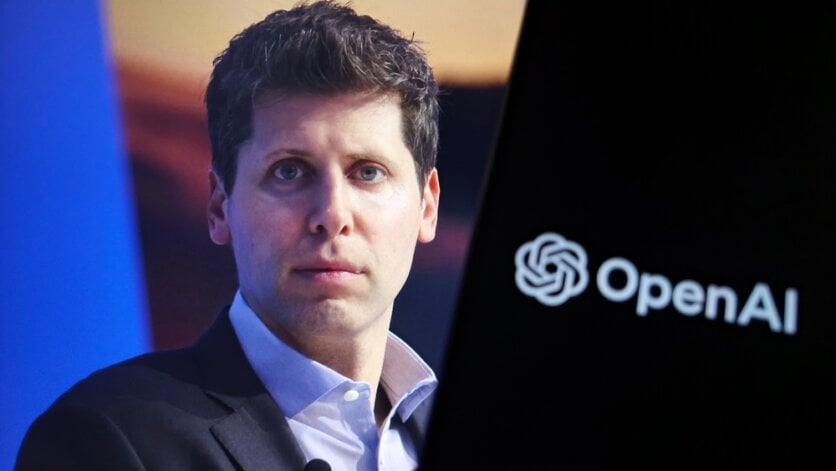
Sam Altman, OpenAI CEO; Photographer: Mijansk786
OpenAI, the $500 billion company behind ChatGPT and the Sora video tool, is preparing to make waves in the music industry. According to The Information, the company is developing a generative AI tool that can create music from text or audio prompts. As a result, OpenAI is stepping directly into a crowded and competitive field.
What the New Tool Could Do
The tool could add soundtracks to videos or provide instrumental backing for vocal tracks. However, it remains unclear if OpenAI will release a system that generates full songs from scratch. In addition, the company has partnered with students at the Juilliard School of Music, who are annotating scores to build training data. This collaboration shows that OpenAI is investing in a deeper understanding of musical structure.

Meanwhile, competitors like Suno and Udio are facing lawsuits from record labels over alleged copyright misuse. Other players, including ElevenLabs, Boomy, and Beatoven, are also fighting for market share. At the same time, OpenAI has faced its own legal challenges from the New York Times, the Authors Guild, and Germany’s GEMA. Yet the company has also signed licensing deals with partners such as Shutterstock, which provides access to an audio library. Consequently, the tension between innovation and copyright law is only intensifying.
Jukebox and the Rise of AI Artists
This isn’t OpenAI’s first step into music. Back in 2020, it launched Jukebox, a neural network that generated raw audio in different genres and styles. Although the project ended, it revealed OpenAI’s early interest in music creation. Now, the stakes are much higher. For example, Deezer reports that 28% of tracks uploaded to its platform are AI-generated, up from 18% just months earlier. On Spotify, AI-created “artists” have already earned millions of streams, and therefore questions about royalty distribution are growing louder.
In conclusion, OpenAI’s push into music highlights a larger trend: AI is moving beyond text and images to reshape creative industries. On one hand, the technology could unlock new opportunities for artists. On the other hand, it risks deepening conflicts over copyright and ownership. Ultimately, the line between human and machine-made music is fading faster than ever.

